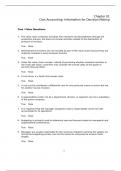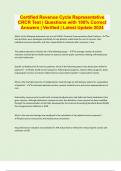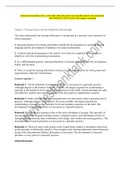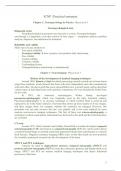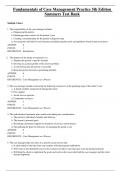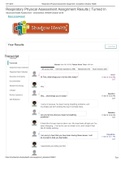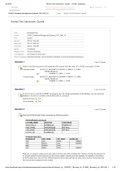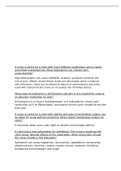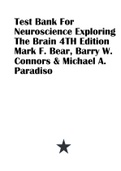Exam (elaborations)
Test Bank For Fundamentals Of Cost Accounting 7th Edition By Lanen, Shannon W. Anderson, Maher All Chapters
- Course
- ACCOUNTING 333 (NUR)
- Institution
- Alliant International University
Test Bank for Fundamentals of Cost Accounting, 7th Edition Authors: Lanen, Shannon W. Anderson, Maher Ready to master cost accounting and ace your exams? This comprehensive test bank for Fundamentals of Cost Accounting, 7th Edition is here to give you the edge you need to succeed. Packed with pra...
[Show more]
